Description
What is Yaskin-G® Collagen Medicated Topical Gel?
Collagen wound dressing is a gel derived from a bovine source. Indicated for partial- and full-thickness pressure injuries, venous ulcers, donor sites, surgical wounds, vascular ulcers, diabetic ulcers, second-degree burns, abrasions, and traumatic wounds. Usually require a secondary dressing.
Yaskin-G® Collagen Medicated Topical Gel is a pure water soluble, nonoily, clear, odorless gel. Yaskin-G® Collagen Medicated Topical Gel is composed of highly purified Type-1 collagen with a triple helical structure, the purest form derived from bovine source as a base material which acts as a delivery vehicle for the anti microbial Gentamicin Sulphate I.P equivalent to 0.1 % ( w/w) Gentamicin.
Yaskin-G® Collagen Medicated Topical Gel is composed of high-quality collagen peptides obtained from natural animal sources. By breaking down proteins enzymatically into smaller peptides, bioactive Yaskin-G® is obtained and can be easily absorbed by the human body. As a highly digestible pure protein free of sugar, fat, cholesterol, and carbohydrates with a range of potential health benefits, Yaskin-G® is the clear ingredient choice for your topical needs.
Deliver native tropocollagen directly to your hard-to-heal wounds with Yaskin-G® Collagen Gel. Formulated to deliver the healing benefits of collagen with fewer fillers than the competition, Yaskin-G® provides an industry-leading 90% of active ingredients with each application. Whether you are looking to resolve dry to moderate exudating wounds, wounds with tunneling, undermining, or hard-to-access areas, Yaskin-G® is your solution for advanced wound care.
Indicated for management of abrasions, cuts, superficial injuries, severe sunburns, partial-thickness wounds, full-thickness wounds, pressure ulcers, venous stasis ulcers, 1st and 2nd-degree burns, ulcers caused by mixed etiologies, surgical wounds, donor sites, and grafts.
Yaskin-G® Collagen Medicated Topical Gel is made of native triple helical collagen shows:
- Excellent homeostasis
- Sterile adsorbable
- Biodegradable
- Protective bacterial barrier
- Hypoallergenic flexible
- Cost-effective
Collagen is known for its wound-healing properties by aiding cellular activity and providing an organized matrix in the skin.
Collagen in Yaskin-G® also acts as a vehicle for delivery of the Gentamicin in a sustained manner to the wound bed.
Gentamicin sulfate in Yaskin-G® is a wide-spectrum antibiotic that provides highly effective topical treatment in primary and secondary bacterial infections of the skin.
Yaskin-G® provides moisture to the wound bed, preventing dehydration of granulation tissue.
Yaskin-G® decreases wound surface contamination.
Topical Collagen Benefits
A 2022 review concludes that hydrolyzed collagen supplements for 90 days can reduce wrinkles and improve skin elasticity and hydration. Moreover, the authors of a 2021 review found that the collagen peptides in supplements directly affect the collagen structures in the body known as fibroblasts. But what about topical collagen? Let’s find out.
Collagen is a protein that serves as one of the main building blocks for your bones, skin, hair, muscles, tendons, and ligaments. Collagen is what keeps our skin from sagging, giving us that plump, youthful look. Your body naturally makes collagen, but this production decreases with age. Starting in our mid-20s, we slowly begin to lose collagen. For women, we can lose up to 30% of our collagen production in the first 5 years of menopause. Because we lose collagen as we age, many are using collagen supplements as part of an anti-aging beauty regimen.
Topical treatments like retinol and tretinoin are scientifically proven to promote collagen formation. Additionally, antioxidants such as vitamin C can reverse the inflammation that causes damage to the collagen in your skin. In theory, the goal of collagen in skin-care products is to strengthen existing collagen and smooth out wrinkles, as well as increase firmness, hydration, and elasticity. However, in practice, topical collagen truly does is moisturize skin.
Benefits of Yaskin-G® Collagen Medicated Topical Gel
- Collagen is known for its wound-healing properties by aiding cellular activity and providing an organized matrix in the skin.
- Collagen in Yaskin-G® Collagen Medicated Topical Gel also acts as a vehicle for delivery of the Gentamicin in a sustained manner to the wound bed.
- Gentamicin sulfate in Yaskin-G® Collagen Medicated Topical Gel is a wide-spectrum antibiotic that provides highly effective topical treatment in primary and secondary bacterial infections of the skin.
- Yaskin-G® Collagen Medicated Topical Gel provides moisture to the wound bed, preventing dehydration of granulation tissue.
- Yaskin-G® Collagen Medicated Topical Gel decreases wound surface contamination.
- Yaskin-G® Collagen Medicated Topical Gel being a transparent gel facilitates direct monitoring of the wound.
Hemostasis: Collagen binds to specific receptor sites on platelet membranes, which swell and release substances to initiate hemostasis. Collagen binds to fibronectin, causing platelet adhesion and aggregation.
Wound Debridement: Collagen is chemotactic to monocytes and leukocytes. Monocytes transform into macrophages which scavenge and phagocytize foreign bodies and debris.
Granulation and Angiogenesis: Collagen attracts monocytes which transform into macrophages. Macrophages release substances that result in fibroblasia and angiogenesis. Collagen provides support for the growth of new capillaries. The presence of new capillaries is essential for the deposition of new fibers.
Fibroblastic Activity: Collagen binds fibronectin, which promotes cell binding and fibrillogenesis, influences fibril dimensions, and stimulates fibroblast proliferation and migration. Collagen is chemotactic to fibroblasts, which directs the restoration of new tissue by depositing oriented and organized fibers. Collagen provides a substrate for the directed migration and permeation of fibroblasts.
Re-epithelialization: Collagen directly supports the growth, attachment, differentiation, and migration of keratinocytes by binding with fibronectin. Collagen offers a provisional matrix for keratinocyte migration.
Wound Remodelling: Collagen reduces scarring by depositing oriented and organized fibers and by regulating the amount of collagenase expressed by keratinocytes.

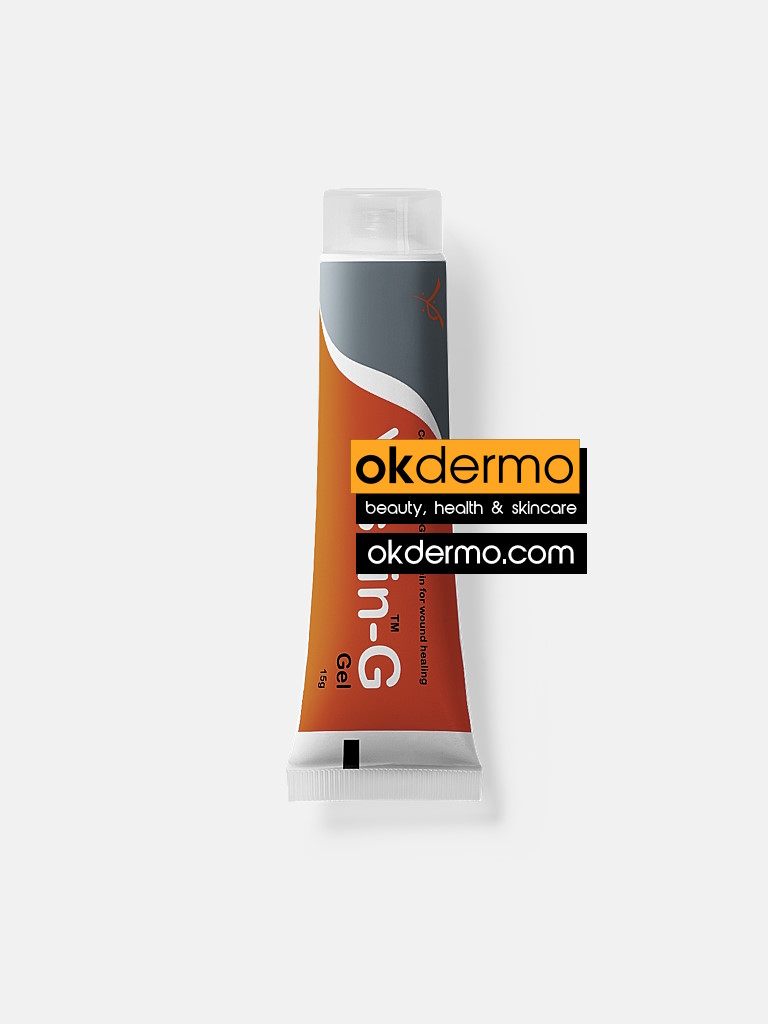
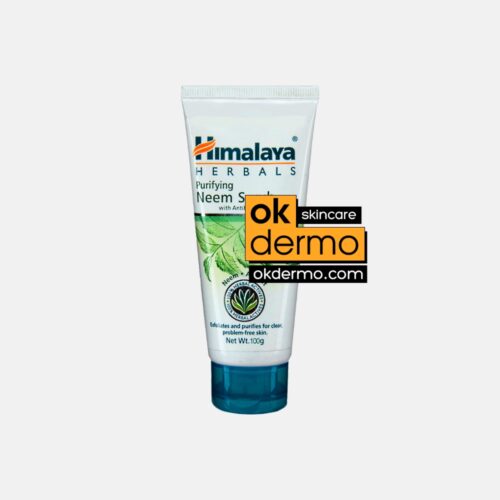
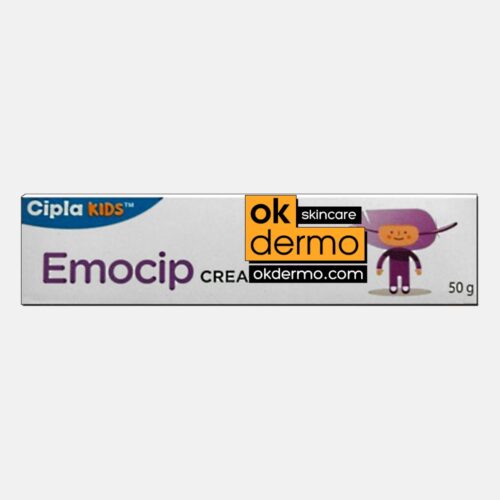
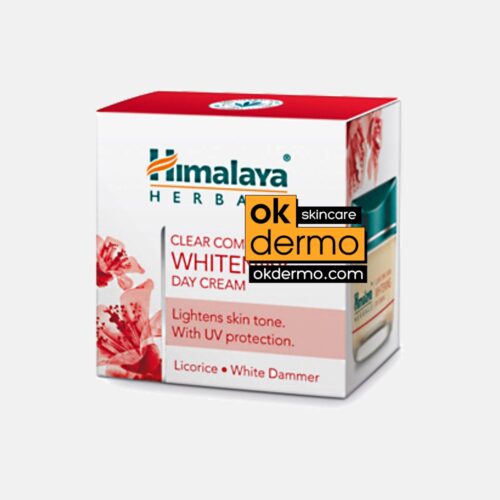
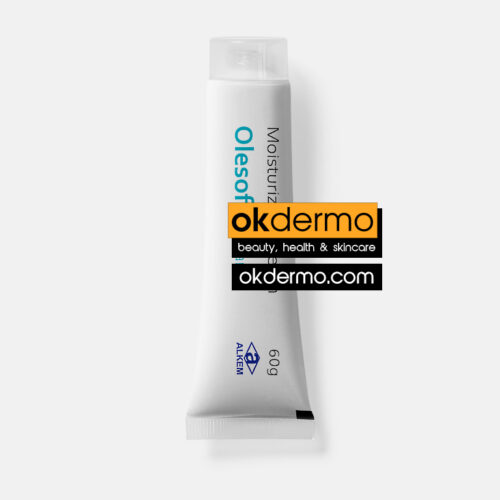
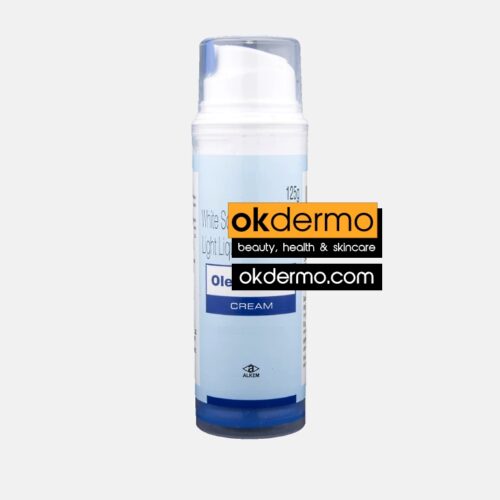
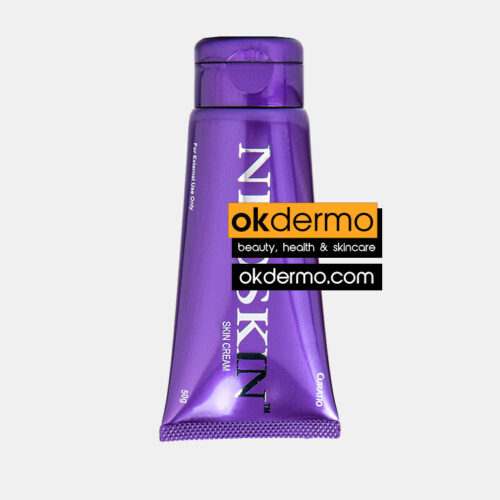
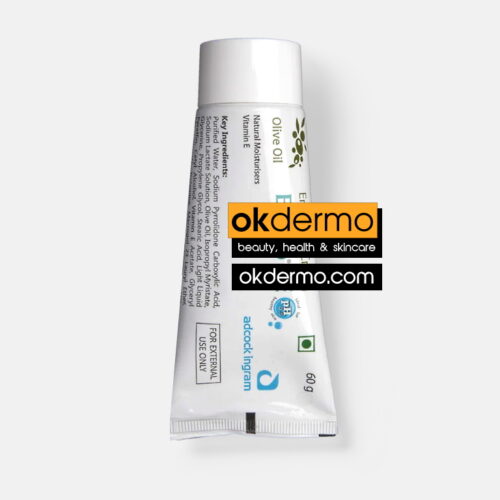
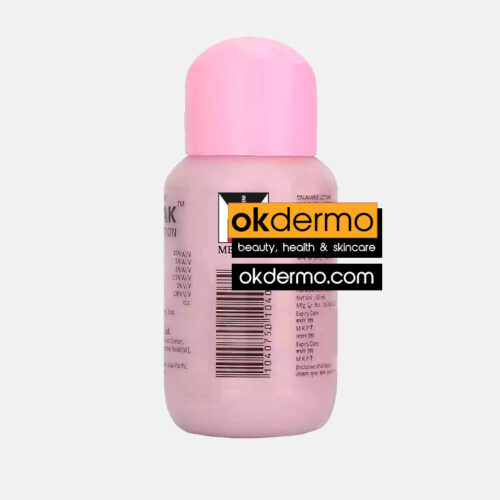
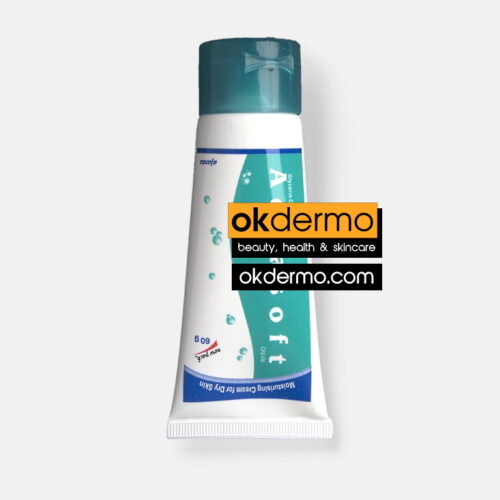
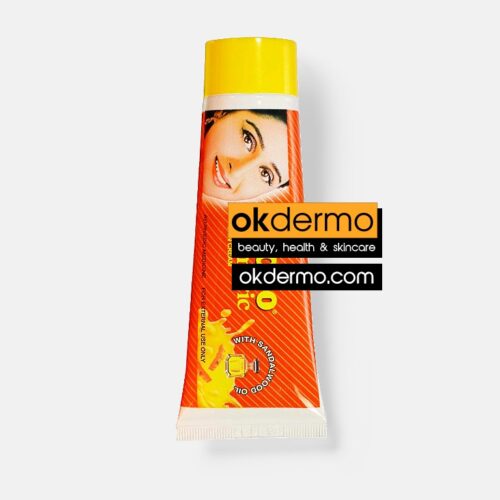
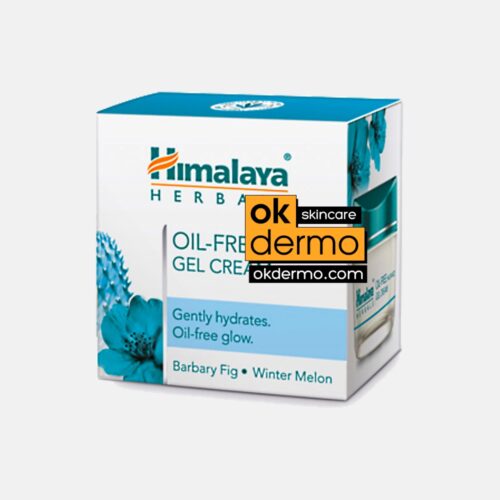
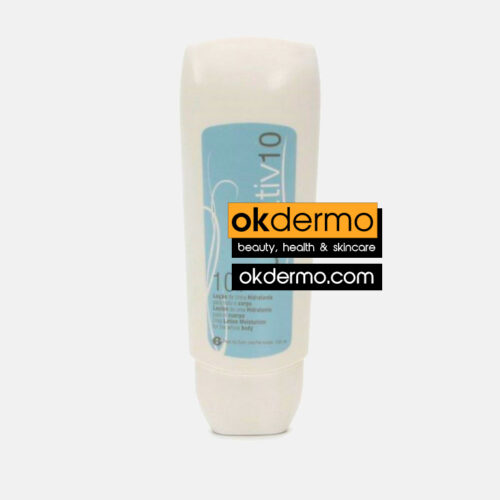












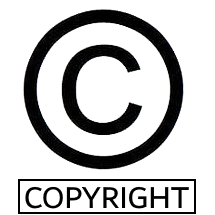


Reviews
There are no reviews yet.